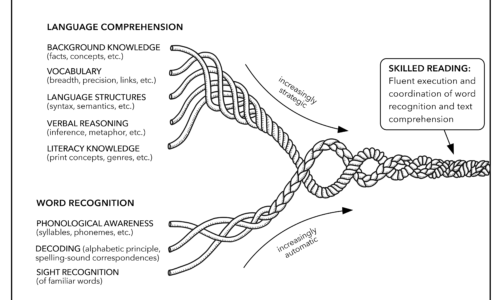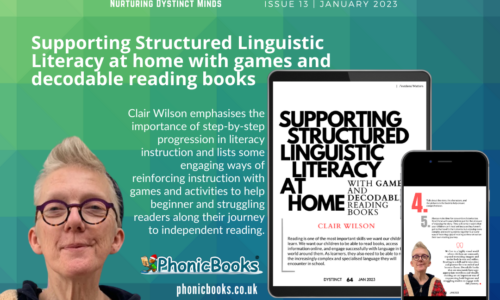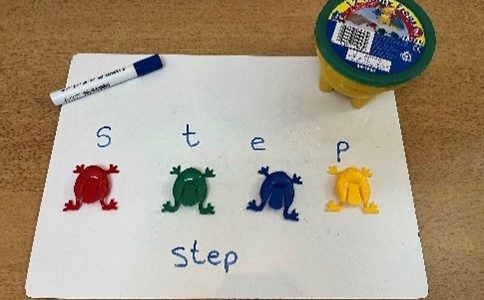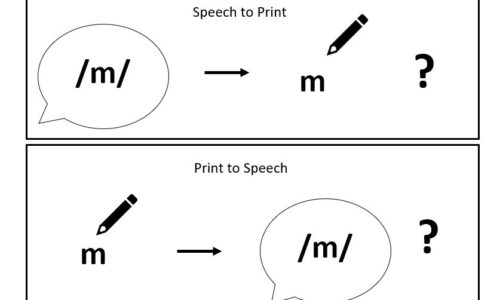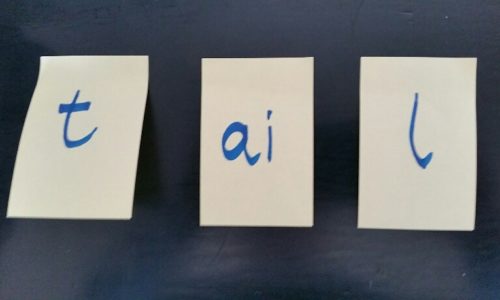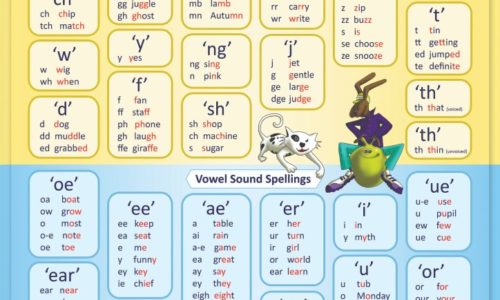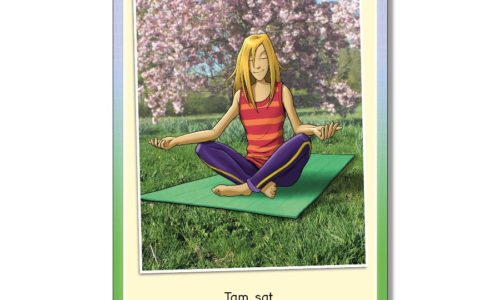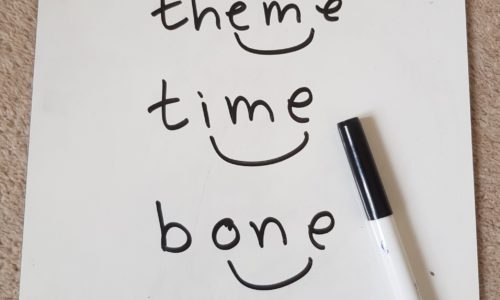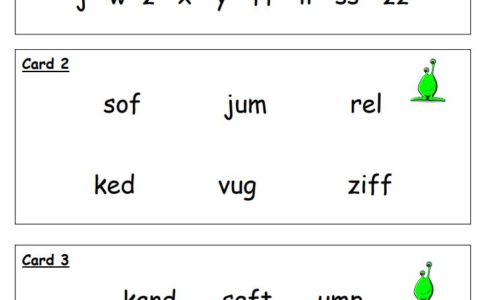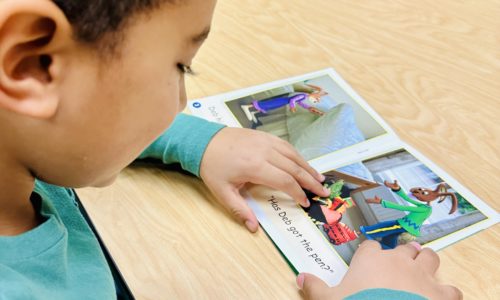
Although systematic, synthetic phonics teaching programmes are now a mandatory part of the UK National Curriculum for schools, one of the questions we are most frequently asked is still, ‘What are decodable books?’. Phonic Books co-founder, Tami Reis-Frankfort, provides a brief clarification of the meaning of the term, and explains why decodable books are so […]
Read More

